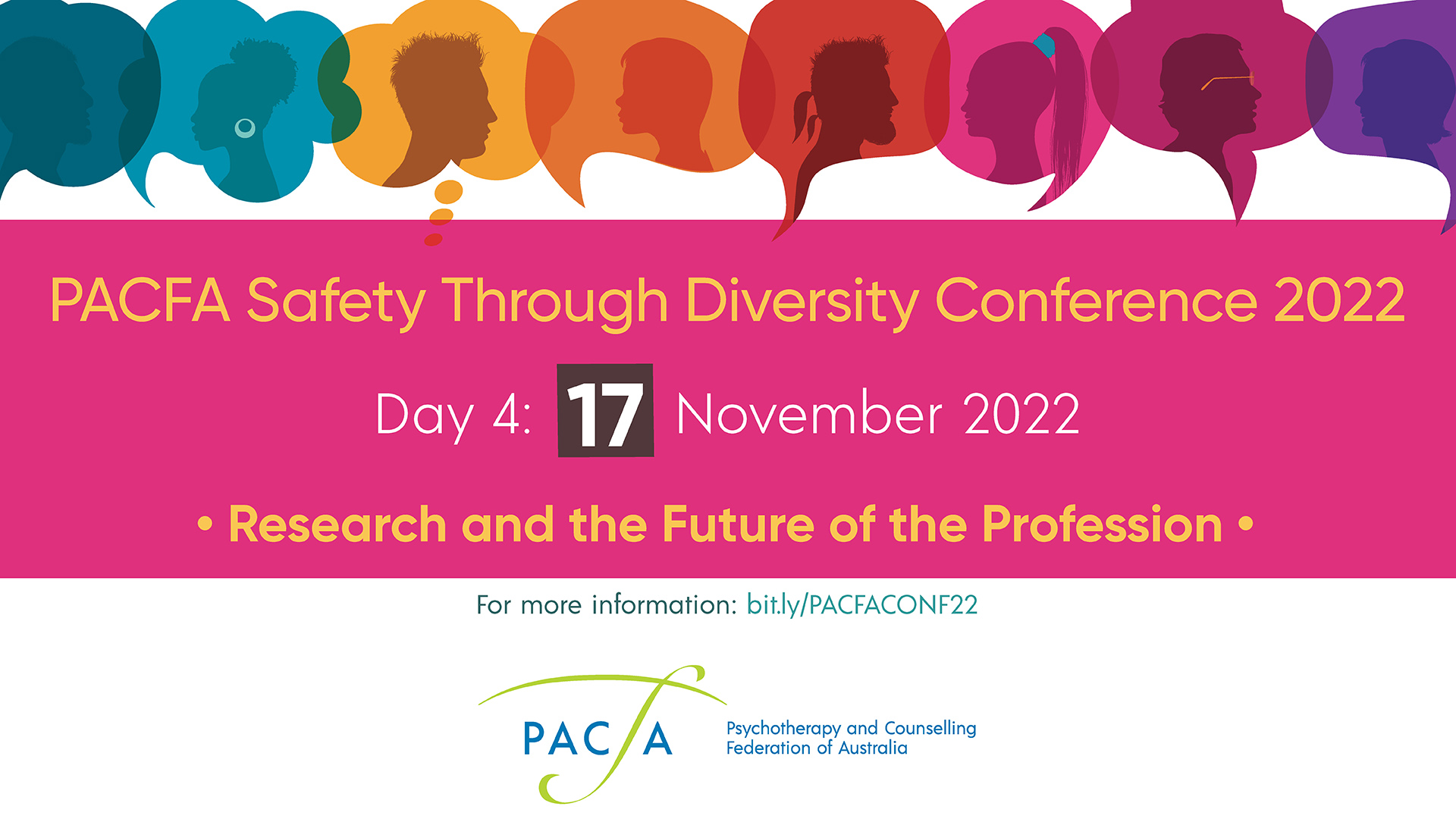
Research and the Future of the Profession
Day 4 will explore how research can best support the presence and influence of our professions in Australia.
Collaborators and participants will discuss how our professions can become more visible and achieve equal standing alongside psychologists, social workers, and psychiatrists; how PACFA might best promote and advocate for First Nations/Indigenous research methods and processes as a strategy for healing the impacts of colonisation in Australia; and how we can support students to engage in and disseminate their research.
Download Day 4 Run Sheet
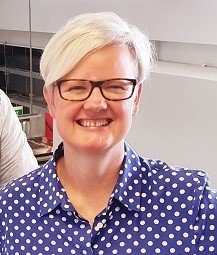
Dr Elizabeth Day
they/she
Dr Elizabeth Day is a Head of Department of Psychotherapy at the Auckland University of Technology where she conducts and supervises research, and teaches in the Master of Psychotherapy program. She has published on field theory, mindfulness, gender and sexuality identity, the philosophical bases of psychotherapy, telepsychotherapy and professional practice, and co-edited the book Psychotherapy and Counselling: Reflections on practice. She is a member and past chair of the Research Committee of the Psychotherapy and Counselling Federation of Australia, and is an editorial board member of the Psychotherapy and Counselling Journal of Australia. Her therapeutic practice is informed by the Common Factors and phenomenology research, gestalt psychotherapy and intensive long term training in depth mindfulness. She and her partner teach meditation at their studio in Kihikihi, and with other groups in Aotearoa New Zealand, as well as online, and internationally.
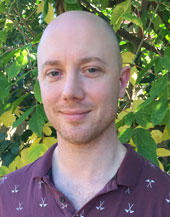
Tristan Snell
he/him
Tristan is an experienced counselling psychologist with practical experience working in private practice, employment services, psychiatric rehabilitation, university counselling, and school settings. His research interest are in counsellor education and environmental psychology, particularly the impact of the physical environment on mental health and learning, as well as encouraging sustainable environmental behaviours. He is also interested in counselling interventions that address disadvantages in education and the workplace.
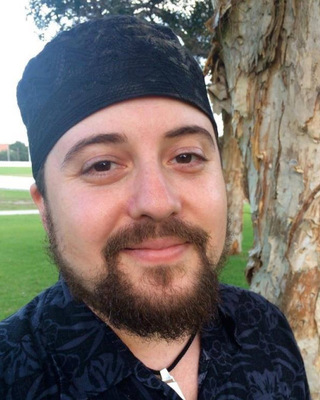 Dr Gávi Ansara
Dr Gávi Ansara
he/him
Dr Gávi Ansara (He/him) (PhD Psychol, MCouns) lives on the unceded lands of the Boonwurrung People of the Kulin Nations. He is a multilingual, polycultural man of faith with lived experience of disability, homelessness, racist violence, and poverty who grew up in urban and rural China, the unceded Eora Nation, and elsewhere. He is an AAFT-Accredited Clinical Supervisor and PACFA-Registered Clinical Psychotherapist who has provided over 20 years of Anti-Oppressive/Liberating Practice alongside people and communities with lived experience of marginalisation and oppression across a wide range of cultures and societies.
Dr Gávi is an internationally recognised psychotherapist, researcher, clinical educator, community activist, and policy advisor. Gávi received the American Psychological Association’s Transgender Research Award for an original and significant research contribution to the field, the UK Higher Education Academy’s National Psychology Postgraduate Teaching Award for excellence in teaching psychology, and the University of Surrey Vice Chancellor’s Alumni Achievement Award for outstanding contributions to standards and policies in international human rights and social justice.
Gávi has specialist qualifications in complex trauma and dissociation, family and community trauma, youth and refugee mental health, emotionally aware child caregiving, BIPOC-centred ecotherapy, Autistic-centred Autistic wellbeing, neurodivergent-affirming practice, and group facilitation. He also has over a decade of experience providing polycule-centred clinical supervision and therapy that value and prioritise polyamorous people, families, polycules, kinship systems, and communities. Gávi has also sole-authored and co-authored a diverse range of international, peer-reviewed publications that provide clinical guidance for practitioners. With Phoenix (she/her), he co-facilitates a peer development group that focuses on honouring diversity, examining privilege, and challenging oppression.
Gávi's positioning statement / reflection acknowledging the intersections of his privilege, affinities, and marginalised lived experiences can be found here:
https://ansarapsychotherapy.com/positioning/
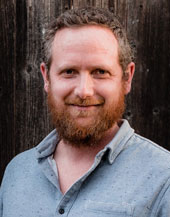
Dr. Rhys Price-Robertson
he/him
Rhys is a gestalt therapist in private practice on Dja Dja Wurrung country in Central Victoria, and is on the teaching faculty of Gestalt Therapy Australia. Rhys is passionate about research, writing, and editing: he was previously the editor of the Psychotherapy and Counselling Journal of Australia (PACJA); and, he has published over 50 journal articles, book chapters, and reports on topics such as psychotherapy, mental health, fatherhood, family life, and social theory.

Dr Alexandra Bloch-Atefi
she/her
Lecturer, School of Public Health, Faculty of Health and Medical Sciences, University of Adelaide, South Australia
Dr Alexandra Bloch-Atefi is a lecturer in the Graduate Program in Counselling and Psychotherapy at the University of Adelaide, specialising in trauma-informed and body-based modalities. She is a member of the PACFA Research Committee and the PACJA Editorial Board Convenor as well as a Conference Committee member. Alexandra holds memberships with Association of Soul Centred Psychotherapists and the Australian Psychological Society. Her research interests include trauma, mindfulness and somatic approaches as well as how to advance the field of counselling and psychotherapy.
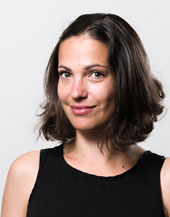 A/Prof Julie Moschion
A/Prof Julie Moschion
she/her
Julie is an economist with extensive experience leading academic projects and delivering high quality reports to government that utilise administrative and survey data to address social and policy issues. Over the past decade, she has been part of multi-disciplinary teams looking at the drivers and consequences of homelessness. More recently, Julie is contributing to a research agenda aimed at developing better life opportunities for Indigenous Australians by tackling long-term consequences of historical frontier violence and analysing the impact of the Indigenous business sector on communities.
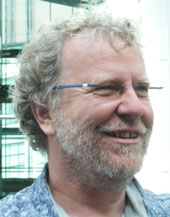
Keith Tudor
he/him
As tau iwi (new bones) living and working in Aotearoa New Zealand, I consider the first step in engaging in research in psychotherapy and counselling is to engage in relationship with Māori as tangata whenua (people of the land. In my contribution to this festival of ideas, I would like to share some thoughts about the importance of the ally/researcher’s positionality in theory and practice, and a model I have developed based on a metaphor derived from rugby union – crouch, touch, pause, and engage – which, I suggest, describes respectful and co-operative engagement.
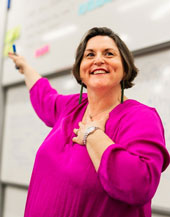 Dr Michelle Evans
Dr Michelle Evans
she/her
Michelle is inaugural Director of Dilin Duwa Centre for Indigenous Business Leadership. Michelle Evans holds an Associate Professorship of Leadership at the Faculty of Business and Economics (FBE) and the Melbourne Business School (MBS). Michelle is the Associate Dean (Indigenous) at FBE/MBS and is co-Founder of Australia’s number one Indigenous Business Master Class program, MURRA, based at Melbourne Business School, founder of the Wilin Centre for Indigenous Arts and Cultural Development at the Faculty of Victorian college of the Arts and Music, and founder of WALAN MAYINYGU Charles Sturt University’s Indigenous entrepreneurship Pop Up innovation hub program (2017/8). Michelle, a Fulbright scholar, has attracted five highly competitive Australian Research Council grants, most recently to conduct a program evaluation for Indigenous preferential procurement programs. Michelle has personally taught and mentored over 300 Australian Indigenous business people through various Indigenous business programs and serves on a number of committees nationally and internationally that focus on Indigenous advancement and rewarding excellence in engagement.
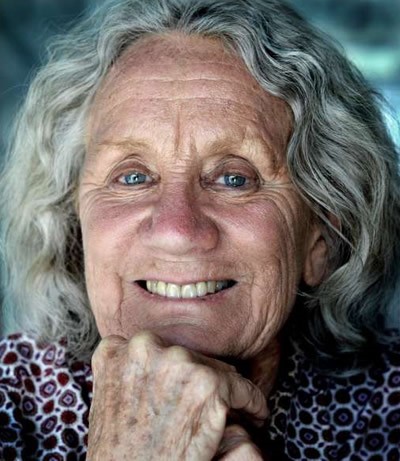 Judy Atkinson
Judy Atkinson
she/her
Emeritus Professor Aunty Judy Atkinson is a Jiman (central west Queensland) and Bundjalung (northern New South Wales) woman, with Anglo-Celtic and German heritage. Her academic contributions to the understanding of trauma related issues stemming from the violence of colonisation and the healing/recovery of Indigenous peoples from such trauma has won her the Carrick Neville Bonner Award in 2006 for her curriculum development and innovative teaching practice. In 2011 she was awarded the Fritz Redlick Memorial Award for Human Rights and Mental Health from the Harvard University program for refugee trauma. Her book ‘Trauma Trails – Recreating Songlines: The transgenerational effects of trauma in Indigenous Australia’, provides context to the life stories of people who have been moved from their country in a process that has created trauma trails, and the changes that can occur in the lives of people as they make connection with each other and share their stories of healing.
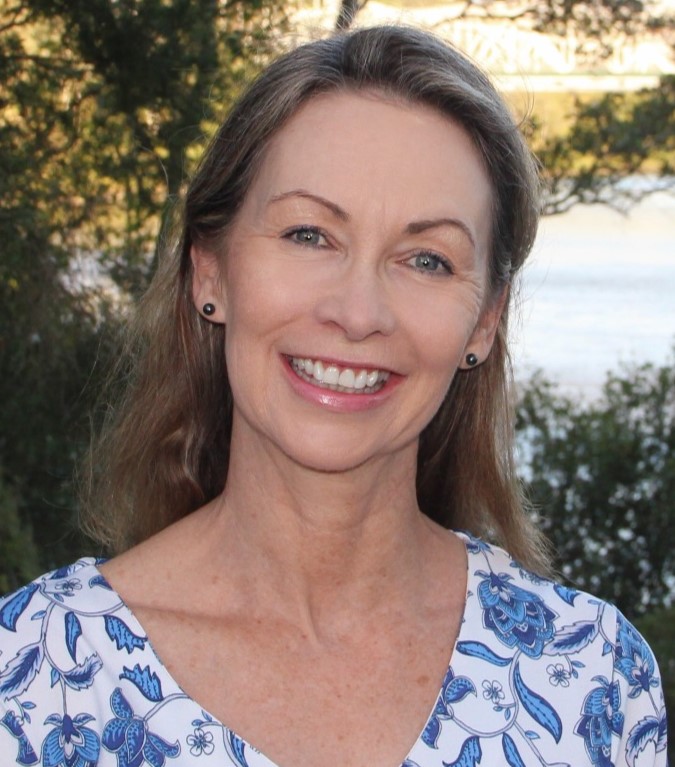 Jane Marsden
Jane Marsden
she/her
A PACFA-registered clinical counsellor with three decades of multicultural media experience, Jane Marsden (MCouns) (she/her) lives and works on the lands of the Turrbul and Jagera peoples in Meanjin (Brisbane). As a family counsellor and educator with not-for-profit community organisations in regional Australia, she worked with individuals and families from diverse backgrounds, many experiencing marginalisation and disadvantage, including First Nations peoples. Now specialising in relationship and family counselling in her inner-city private practice, Jane continues to employ systemic, idiographic, and social-justice-oriented frameworks. She has edited and written for a variety of publications including newspapers, magazines and books in Australia and Asia, and has authored several books, including an illustrated psychotherapy title designed to make compassion-focused therapy accessible and relevant. As the current Psychotherapy and Counselling Journal of Australia (PACJA) editor, Jane is building on the efforts of past editors and other stakeholders to bring PACJA in line with international industry standards and promote quality research into psychotherapy, counselling, and Aboriginal and Torres Strait Islander healing practices. Identifying as a white, cisgender, middle-aged woman, she continues to learn and grow professionally and personally, and is particularly interested in how PACJA can address epistemic injustice, consider multiple theoretical and therapeutic approaches, and broaden definitions of empirical evidence and wellbeing.
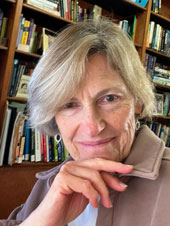
Dr Cathy Bettman
she/her
Cathy has lectured and practiced counselling in diverse contexts for over 20 years. She is currently a Senior Lecturer at The University of Notre Dame. She also supervises students, interns and practitioners in clinical and research settings. For her PhD, Cathy conducted a qualitative research study in the area of domestic violence. Her thesis was entitled: ‘Patriarchy: The Predominant Discourse and Font of Domestic Violence.’ This study resulted in her achieving a reputation as a feminist researcher (although she prefers her philosophical stance to be understood as more inclusive). Having been trained in humanistic and systemic frameworks, she embraces social constructivist, constructionist and dialogical paradigms.